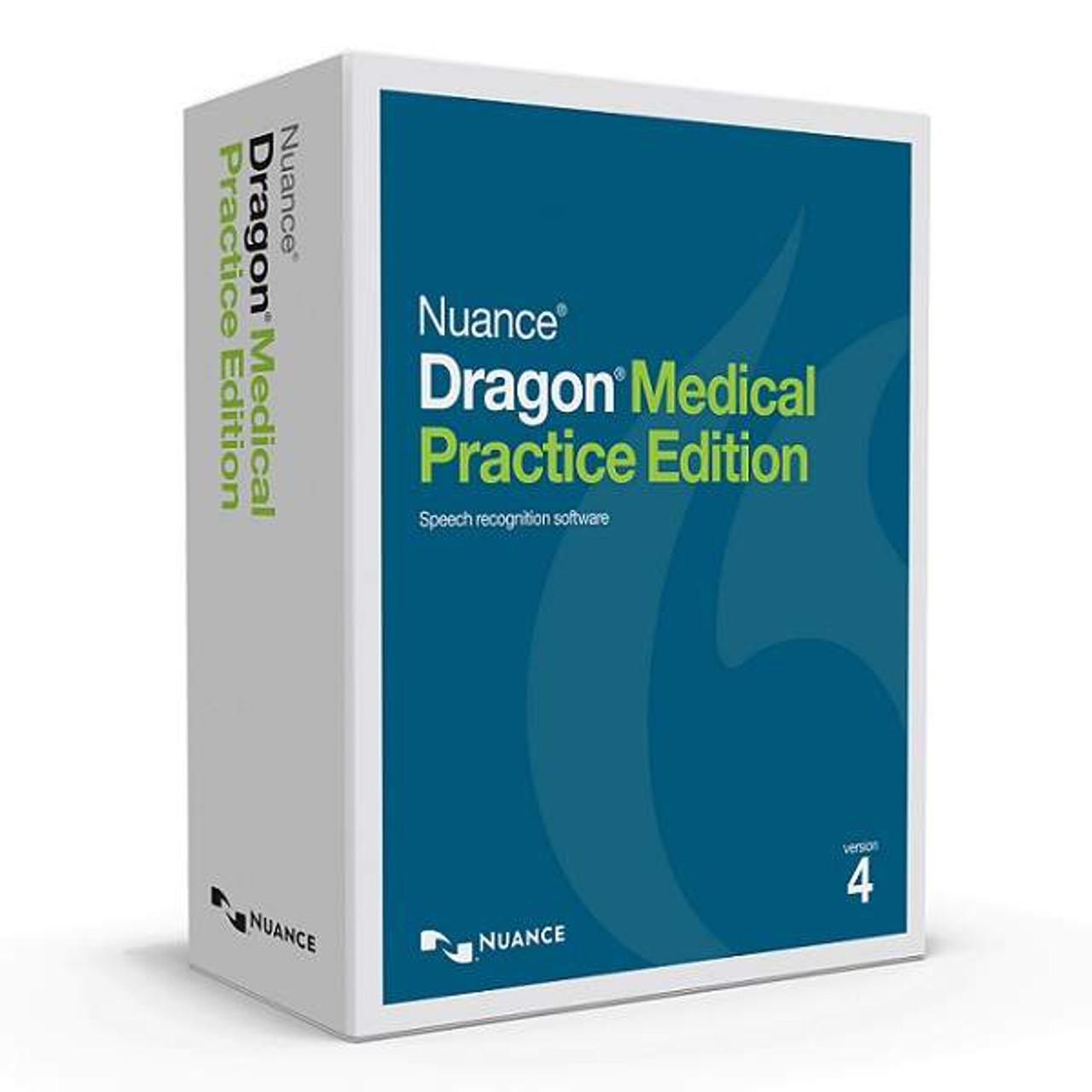

Configure the Group Policy setting to deploy the Chrome extensionīefore you continue reading, please make sure that you have imported the Google Chrome ADMX files in your environment as described in the secti on Using Microsoft Group Policies (preferred) in the article Google Chrome on Citrix deep-dive. In the following paragraph, you will enter this string in a Group Policy setting. Copy them together in one string and make sure to separate them using a semicolon (as shown in the beginning of this paragraph): Open this file in your favorite text editor (e.g. In the root of this directory you should find the file manifest.json. Open the subdirectory representing the version of the extension. Open the directory that corresponds with the ID of your extension, in our case ndjpnladcallmjemlbaebfadecfhkepb (= the ID of the Office Online extension). The extension ID is equal to the name of the folder. The installation directory is:Ĭ:\Users\%UserName%\AppData\Local\Google\Chrome\User Data\Default\Extensions Now the ID of each individual extension is shown.Ĭopy this ID somewhere (for example in Notepad) you will need this information in the next step.Ĭhrome extensions are installed on a per-user basis. Either enter chrome://extensions in the address bar or open the extensions tab via the menu:Įnable developer mode. The extension ID can be retrieved by opening the extensions tab in Chrome.

You may want to inform your users about these additional options. At the very least, you will be able to test the extension before deploying it to your users and you can check if any additional settings (options) can be configured. What I am saying is that installing the extension on a (test) system is not absolutely necessary, but I still recommend it.
#Dragon medical chrome extension update
Secondly, the update URL seems to be the same for all extensions, namely. Note: the URL of the Chrome extension also contains the extension's ID, so technically speaking you could copy it directly from the browser's address bar. You need to do this, otherwise you will not be able to retrieve the ID and update URL.
#Dragon medical chrome extension install
The first thing to do, is to manually install the extension directly from the Chrome Web Store on your (test) system. For example, the concatenated string of the extension ID and update URL for the Office Online extension version 1.5.2. These two values have to be entered as one string, but separated by a semicolon ( ). To be able to add an extension to a Group Policy, two values need to be known: the extension ID and an "update" URL.

Retrieve the extension ID and update URL of the Chrome extension



 0 kommentar(er)
0 kommentar(er)
